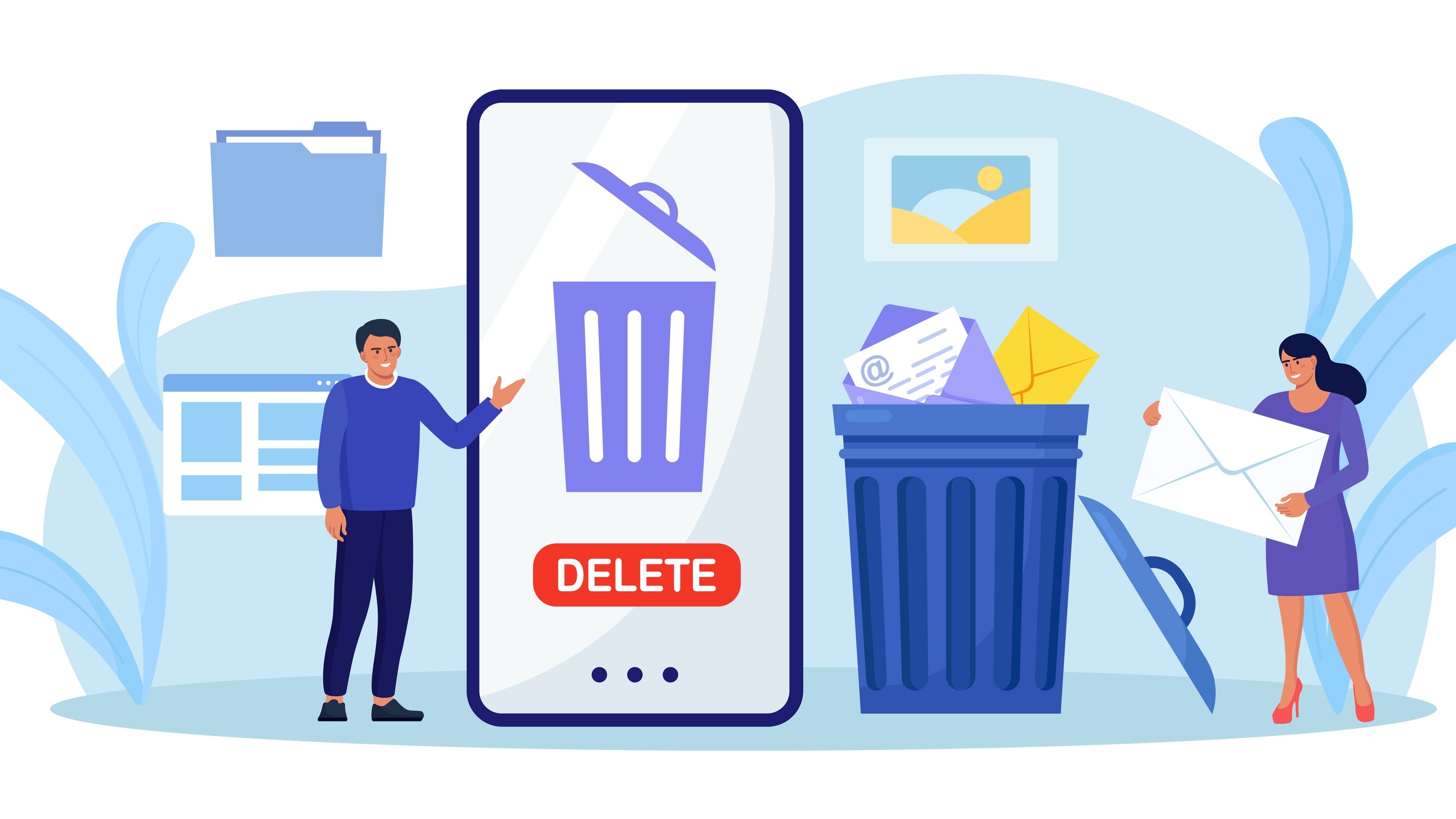Declutter Your Data: Save Money Now
Are you drowning in a sea of digital files? Unsure what's important and what's just taking up valuable space? You're not alone. Many individuals and businesses hoard digital data without realizing the significant cost implications. Decluttering your data isn't just about tidiness; it's a smart financial move that can save you money now and in the future.
This article will explore the hidden costs of digital clutter and provide actionable steps to declutter your data, freeing up valuable resources and saving you money.
The Hidden Costs of Data Hoarding
Storing data, whether on your personal computer, cloud storage, or a server, comes with a price tag, often hidden from plain sight. These costs can add up quickly:
- Storage Costs: Cloud storage subscriptions can be surprisingly expensive, especially as your data volume grows. Think about the cost of upgrading to a larger plan or paying for multiple subscriptions.
- Hardware Costs: If you're storing data locally, you'll need sufficient hard drive space. Replacing failing hard drives or upgrading to larger ones can be costly.
- Maintenance Costs: Regular backups, data recovery, and system maintenance are essential but require time and resources. Data loss can be exceptionally expensive to recover from.
- Security Risks: More data means a larger attack surface for hackers. Protecting your data requires robust security measures, which can involve investing in software and expertise.
- Lost Productivity: Searching through cluttered files wastes valuable time. This lost productivity translates into a hidden financial cost.
Steps to Declutter Your Data and Save Money
Decluttering your data is a proactive approach to saving money. Here's a step-by-step guide:
1. Inventory Your Data
Before you start deleting anything, take stock of what you have. This allows you to make informed decisions about what to keep, what to archive, and what to delete.
2. Identify Redundant Data
Look for duplicate files, outdated information, and unnecessary backups. These often consume significant storage space without adding value. Utilize software tools to identify duplicate files easily.
3. Archive Instead of Deleting
For files you don't need immediate access to but want to keep for future reference, consider archiving them to a cheaper storage solution like an external hard drive or a less expensive cloud storage plan.
4. Delete Unnecessary Data
Once you've identified redundant and obsolete data, delete it without hesitation. This frees up valuable space and reduces your storage costs.
5. Implement a Data Management System
Prevent future clutter by implementing a clear data management system. This might include creating a well-organized file structure, regularly backing up important files, and deleting old data automatically. Consider using cloud storage with version history for added safety.
6. Optimize Your Cloud Storage
Review your cloud storage plans regularly. Are you paying for more storage than you need? Downgrade to a smaller plan or switch to a more cost-effective provider.
The Long-Term Benefits of Data Decluttering
Beyond immediate cost savings, decluttering your data offers several long-term benefits:
- Improved Productivity: A well-organized data system makes finding information faster and easier.
- Enhanced Security: Less data means a smaller attack surface, reducing the risk of data breaches.
- Simplified Backup and Recovery: Backing up a smaller amount of data is quicker and easier.
- Peace of Mind: Knowing your data is organized and secure provides peace of mind.
Call to Action: Start decluttering your data today! Even small steps can make a big difference in your bottom line. Begin with a small section of your data, and you'll be surprised at how much you can save. What strategies will you implement to declutter and save money? Share your thoughts in the comments below.

